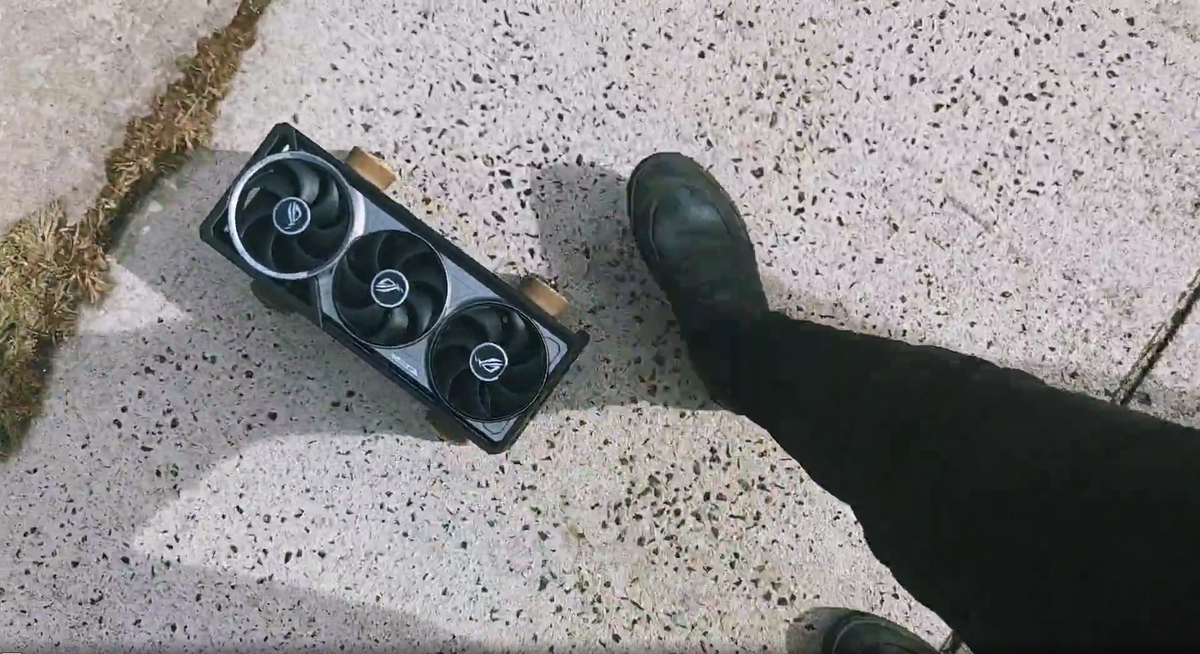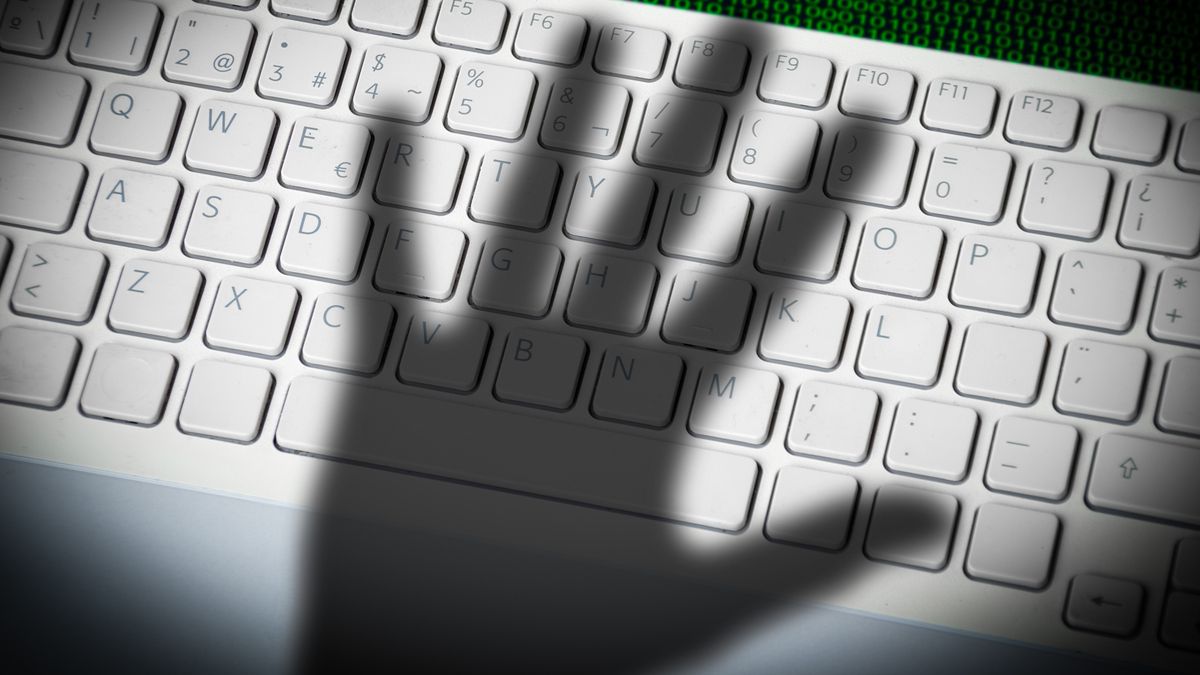Key points:
- A cross between a messaging app and a messaging board
- May collect your data
- Only secret chats are end-to-end encrypted
Offers paid tier for more features
Telegram doesn't offer as robust privacy features as Signal, but it does have a few features that might make the app appealing to some folks.
Telegram is a cloud-based messaging service, and it stores data it needs to function. Telegram also writes that it collects and stores some of your metadata, like IP addresses. The company changed its privacy policy in 2024 to say it will share some of your data with law enforcement if requested.
"We've made it clear that the IP addresses and phone numbers of those who violate our rules can be disclosed to relevant authorities in response to valid legal requests," Pavel Durov, Telegram's CEO, posted in September.
With that change in place, Telegram fulfilled 900 requests for information from US authorities in 2024, impacting 2,253 people, according to Telegram's own in-app transparency report.
If Telegram potentially handing your data over to law enforcement wasn't concerning, the company has suffered data breaches over the years that have put that information in others' hands. In 2020, for example, about 42 million Iranian Telegram users had their data leaked online. In 2019, a bug in Telegram was exploited by Chinese agencies to expose the identities of protestors in Hong Kong.
If you're still interested in Telegram, a key difference between it and other messaging apps like Signal is it can act as a messaging board for large groups, similar to Discord. It offers public channels that disseminate news about video games, news, sports and more. In the @entertainment channel, for example, you can find trailers and posters for new movies and television shows.
However, public channels like that aren't end-to-end encrypted. Telegram writes that everything posted in public channels and public groups is encrypted in transit to its servers and in storage, but those public channels are accessible to everyone on Telegram, no encryption key required. So if you're a channel owner or administrator, your posts in that channel are like a public record.
Telegram's secret chats offer end-to-end encryption, but there is a caveat. Those chats are restricted to devices of origin, better known as your phone.
"This way you can always be sure that they are safe for as long as your phone is safe in your pocket," Telegram writes.
However, this also means you can't use secret chats on the desktop or browser versions of Telegram. So those chats can be intercepted and read by someone who isn't the intended recipient.
Telegram does offer automatic message deletion, but the smallest interval you can choose is one day, unlike Signal where you can set messages to delete after minutes or even seconds. Telegram also offers an interesting self-destruct feature that will delete your account, messages and contacts after a certain amount of inactive time -- between one and 24 months.
Telegram's client apps are open-source, like Signal, and CNET Senior Editor Moe Long said open-source apps can provide transparency and let people inspect code for vulnerabilities. However, Durov posted in 2021 that the server codes aren't open source.
"You don't even need the server-side code to check the integrity of Secret Chats -- they are solid regardless of how the servers function (that's the whole point)," he wrote. Telegram's privacy policy also states that the company's cloud servers are encrypted and "the encryption keys in each case are stored in several other data centers in different jurisdictions," meaning that employees at any one data center don't have the info to encrypt the data there.
It's not uncommon to have closed-source server code to protect intellectual property, security or other means. However, you're still placing your trust in the company to protect whatever data is on those servers. A third-party audit could help bolster that trust by confirming that the data centers work as intended, even if audits can only capture that info for a snapshot in time.
Long said that Telegram's end-to-end encryption somewhat mitigates Telegram's closed-source server code since messages remain secure until they are decrypted on a recipient's device. But that might not fully protect your data.
"Even with end-to-end encryption, some metadata could be collected," Long said.
While Telegram is free, it offers a paid tier ($5 a month or $36 a year) for access to more features. Some of these features include unlimited cloud storage, animated emoji and no ads in public Telegram channels -- yes, there are ads in public channels with more than 1,000 subscribers on Telegram.
Telegram's selective encrypted messaging but larger scale chats make it a good alternative for services like Discord -- which only offers end-to-end encryption for audio and video calls. However, some of your data is still being collected when not using secret chats, so be cautious.
You can download Telegram from Apple's App Store or the Google Play store for free.









 English (US) ·
English (US) ·